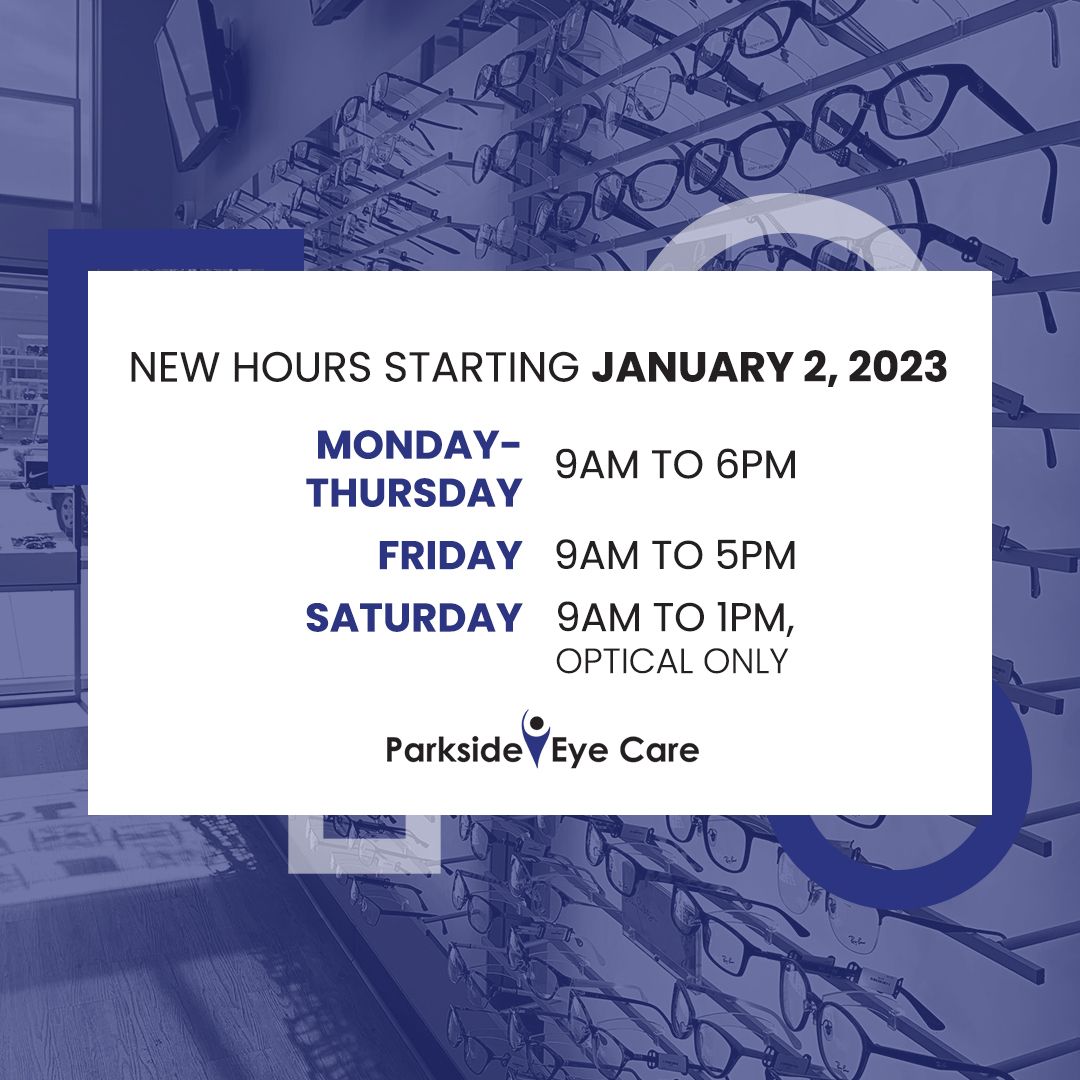
Keratoconus is a progressive eye condition that causes the cornea to thin and bulge into a cone-like shape. This irregular shape can significantly impair your vision, making it difficult to perform everyday tasks. Understanding the nature of this condition and exploring potential preventive measures is crucial for maintaining healthy eyes and clear sight.
What is Keratoconus and Who is at Risk?
Keratoconus typically begins in the late teenage years or early 20s and can continue to worsen over time. The exact cause of keratoconus is not fully understood, but it is believed to be the result of a combination of genetic and environmental factors. Certain individuals may be more predisposed to developing this condition due to their genetic makeup, while external factors like eye rubbing, chronic eye inflammation, and exposure to ultraviolet (UV) light can also contribute to its progression.
Recognizing the Symptoms of Keratoconus
The early stages of keratoconus may not present with obvious symptoms, making it challenging to detect. However, as the condition progresses, you may experience the following:
- Blurred or distorted vision
- Increased sensitivity to glare and light
- Frequent changes in eyeglass or contact lens prescriptions
- Double vision or multiple images in one eye (monocular diplopia)
- Difficulty driving at night or in low-light conditions
If you notice any of these symptoms, it's essential to schedule an appointment with an eye care professional for a comprehensive examination.
Can Keratoconus Be Prevented?
While there is no known way to completely prevent the development of keratoconus, there are steps you can take to reduce your risk and slow the progression of the condition:
- Avoid Eye Rubbing: Resist the urge to rub your eyes, as this can put unnecessary pressure on the cornea and exacerbate the condition.
- Protect Your Eyes from UV Exposure: Wear sunglasses or UV-blocking contact lenses when spending time outdoors to minimize exposure to harmful UV rays.
- Manage Underlying Conditions: If you have a condition that increases your risk of keratoconus, work closely with your healthcare provider to manage it effectively.
- Early Detection and Intervention: Regular eye exams can help detect keratoconus in its early stages, allowing for timely treatment and potential slowing of the condition's progression.
Treatment for Keratoconus
If you have been diagnosed with keratoconus, there are several treatment options available to help manage the condition and improve your vision. One of the most effective solutions is the use of specialty contact lenses, which can help reshape the irregular cornea and provide clearer, more stable vision.
Rigid gas-permeable (RGP) contact lenses are a common choice for individuals with keratoconus, as they can help mask the irregular corneal shape and improve visual acuity. These lenses are designed to sit directly on the cornea, providing a smooth, uniform surface for light to pass through.
In some cases, scleral lenses may be recommended. Scleral lenses are larger than traditional contact lenses and rest on the white part of the eye (the sclera), creating a fluid-filled space between the lens and the cornea. This can help address the irregular corneal shape and provide exceptional visual quality.
Taking Control of Your Eye Health
Keratoconus is a complex eye condition that can significantly impact your vision and quality of life. While there is no known way to completely prevent its development, understanding the risk factors and taking proactive steps to manage your eye health can help slow the progression of the condition and preserve your vision.
Regular eye exams, avoiding eye rubbing, protecting your eyes from UV exposure, and seeking timely treatment with specialty contact lenses are all important strategies in the management of keratoconus. By taking an active role in your eye care, you can take control of your vision and maintain clear, comfortable sight for years to come.
If you're concerned about keratoconus or have noticed changes in your vision, schedule an appointment with Parkside Eye Care. Our comprehensive eye exams and personalized treatment plans can help you manage your condition and keep your eyes healthy. Visit our office in Cary, North Carolina, or call (919) 883-9987 to book an appointment today.














